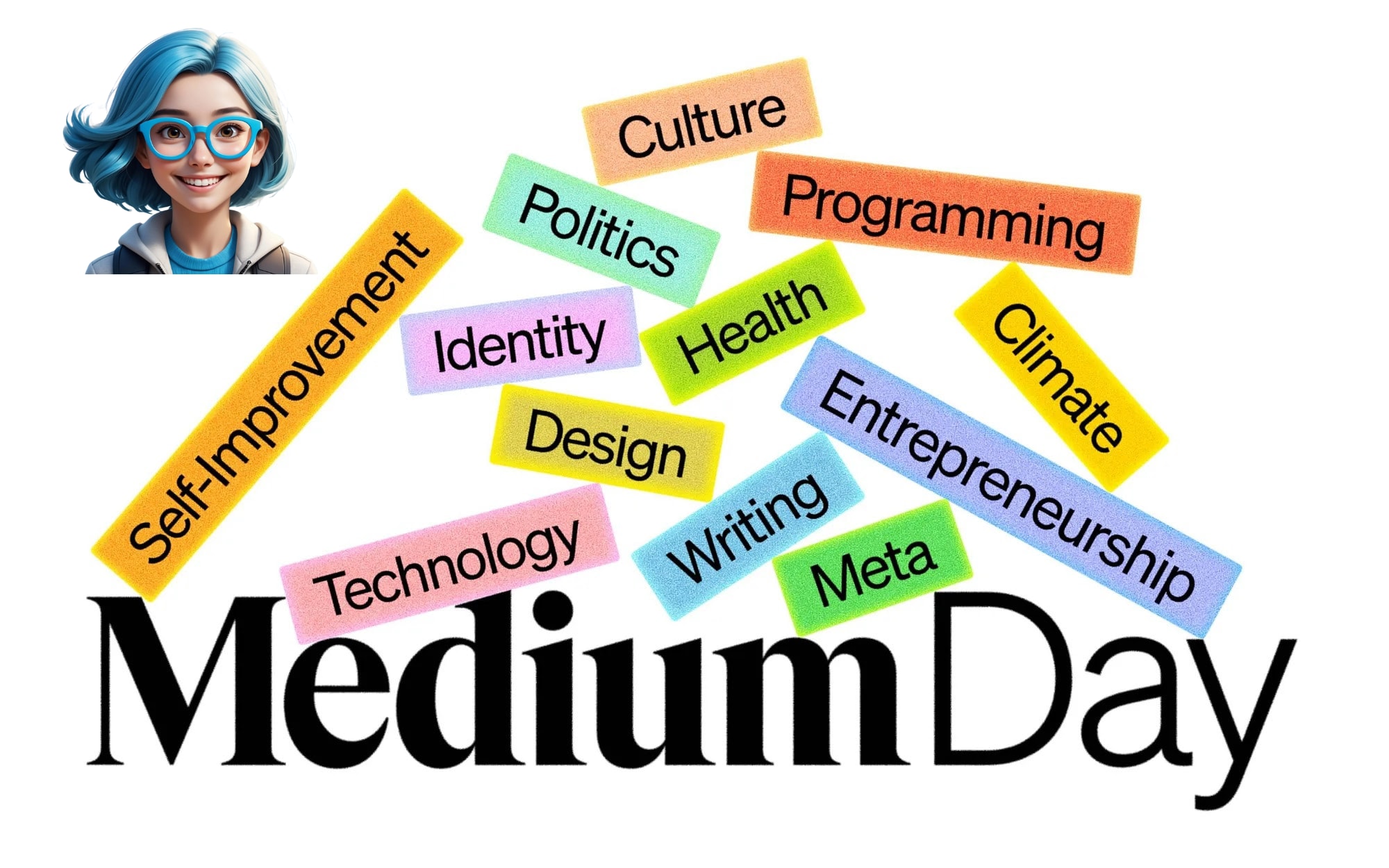On this page
Look, I'm not some nutrition guru with a perfect six-pack and a kale smoothie addiction. I'm just a regular person trying to figure out how to fuel my body without losing my mind (or my love for pizza).
But I've stumbled upon some nutrition basics that have actually worked for me, and I thought, "Why not share this stuff? So here we go, my utterly non-expert guide to nutrition for optimal performance.
The "Duh" Moment: Why Nutrition Matters

Okay, let's start with the obvious: food is fuel. Mind-blowing, right? But here's the thing - most of us treat our bodies like a cheap car, filling it with whatever's convenient and hoping it doesn't break down on the highway of life.
Here's a quick reality check:
- Your body is processing about 35 tons of food over your lifetime. That's like eating a whale. A WHALE.
- The food you eat quite literally becomes you. Your cells, your organs, your annoyingly persistent love handles - they're all made from what you put in your mouth.
- Your brain uses about 20% of your daily energy intake. So when you're "too busy to eat well," you're essentially telling your brain, "Nah, you don't need to function today."
The Macro Madness: Protein, Carbs, and Fats (Oh My!)

Let's break down the big three macronutrients. Think of them as the primary colors of nutrition - mix them right, and you've got a masterpiece. Mix them wrong, and... well, let's just say it won't be hanging in the Louvre.
Protein: The Body's Building Blocks
Protein is like the construction crew of your body. It builds, repairs, and maintains pretty much everything.
- How much do you need? A good rule of thumb is 0.8 to 1 gram per kilogram of body weight. For you non-metric folks, that's about 0.36 to 0.45 grams per pound.
- Sources: Lean meats, fish, eggs, dairy, legumes, and for the plant-based crowd, things like tofu and tempeh.
Personal anecdote time: I once tried to go on a high-protein diet. Let's just say my digestive system staged a revolt, and my apartment became a no-fly zone. Balance, people. It's all about balance.
Carbs: Not the Enemy (Unless You're a Zucchini)
Carbs have gotten a bad rap lately, but they're actually your body's preferred energy source.
- Aim for complex carbs: whole grains, vegetables, fruits. They're like the slow-burning logs in your metabolic fire.
- Simple carbs (sugars) are like lighter fluid. Great for a quick burst, but you'll burn out fast.
| Carb Type | Examples | Effect on Blood Sugar |
|---|---|---|
| Simple | Sugar, white bread, candy | Rapid spike and crash |
| Complex | Brown rice, sweet potatoes, oats | Gradual rise and fall |
Fats: The Misunderstood Macronutrient
Fats are not just for making foods taste good (although, let's be honest, they excel at that).
- Essential for hormone production
- Help absorb vitamins A, D, E, and K
- Provide a concentrated energy source
Focus on unsaturated fats like those found in avocados, nuts, seeds, and fatty fish. And yes, you can have some saturated fat too. Moderation is key, people!
Micronutrients: The Supporting Cast

While macronutrients are the stars of the show, micronutrients are the unsung heroes working behind the scenes.
- Vitamins: Think of these as your body's pit crew, keeping everything running smoothly.
- Minerals: These are like the nuts and bolts holding your body together.
A varied diet usually covers your bases, but if you're curious about specific recommendations, check out the National Institutes of Health's Nutrient Recommendations. (And yes, I actually looked that up. I'm as shocked as you are.)
Hydration: Because You're Basically a Sentient Cucumber
Your body is about 60% water. You're basically a cucumber with anxiety.
- Aim for about 8 glasses a day, more if you're active or it's hot out.
- Signs of dehydration: headaches, fatigue, dark urine, sudden cravings for water parks.
Fun fact: By the time you feel thirsty, you're already mildly dehydrated. It's like your body's passive-aggressive way of saying, "Oh, now you care about hydration?"
The Timing Tango: When to Eat What
Timing your nutrients can make a difference, especially if you're looking to optimize performance.
- Pre-workout: Complex carbs and a bit of protein about 1-2 hours before.
- Post-workout: Protein and carbs within 30 minutes to an hour after.
- Before bed: A bit of protein can aid in overnight muscle repair. Just don't go full Thanksgiving dinner unless you enjoy weird dreams.
Supplements: The Cherry on Top (Not the Whole Sundae)

Here's where things get controversial. Supplements can be helpful, but they're not magic pills.
- Multivitamins: Like nutritional insurance. Not necessary if you eat a balanced diet, but can help fill gaps.
- Protein powders: Convenient, but not superior to whole food sources.
- Omega-3s: If you don't eat fatty fish regularly, these can be beneficial.
Remember, supplements are meant to supplement, not replace, a good diet. Don't be that person who takes 17 different pills but considers ketchup a vegetable.
Listening to Your Body: The Ultimate Nutritionist
Here's a wild idea: your body knows what it needs better than any diet book or Instagram influencer.
- Pay attention to how foods make you feel. Energy levels, digestion, mood - it's all connected.
- Keep a food diary if you're really keen. Just try not to obsess. Nobody wants to be the person calculating the macros of their morning breath.
The Mental Game: Because Your Brain Likes to Sabotage You
Let's talk about the elephant in the room: the psychological aspect of nutrition.
- Stress eating is real. I once ate an entire cake during finals week. The cake didn't help me pass, but it did give me a lovely sugar crash during the exam.
- Emotional connections to food are powerful. Grandma's cookies will always taste better than a protein bar, and that's okay.
The goal isn't perfection; it's progress. Treat yourself with kindness. Unless you're being a jerk. Then treat yourself with a stern talking-to and maybe some broccoli.
Putting It All Together: A Sample Day

Here's what a day of solid nutrition might look like:
- Breakfast: Oatmeal with berries and nuts, a hard-boiled egg
- Snack: Greek yogurt with a drizzle of honey
- Lunch: Grilled chicken salad with mixed greens, avocado, and a vinaigrette dressing
- Pre-workout snack: Apple with almond butter
- Post-workout: Protein smoothie with banana and spinach
- Dinner: Baked salmon, quinoa, roasted vegetables
Looks pretty good, right? Now, here's what my day often actually looks like:
- Breakfast: Coffee. More coffee.
- Snack: Whatever I find in my desk drawer that isn't a stapler
- Lunch: Leftover pizza, eaten cold while standing in front of the fridge
- Pre-workout snack: Panic because I forgot to work out
- Post-panic snack: Something with chocolate
- Dinner: A valiant attempt at adulting with some grilled chicken and veggies
The point is, we're all human. We're all just trying our best. Some days you'll nail it, other days you'll wonder if ketchup counts as a vegetable (it doesn't, I checked).
The Takeaway: Eat Like You Give a Damn (Most of the Time)

As the great philosopher Hippocrates once said, "Let food be thy medicine and medicine be thy food." Of course, he also thought diseases were caused by an imbalance of bodily fluids, so maybe take that with a grain of salt. (Salt, by the way, is a mineral. Look at you, learning!)
Here's the real deal: nutrition doesn't have to be complicated. Eat a variety of whole foods, listen to your body, stay hydrated, and don't stress too much about the occasional indulgence.
Remember, the best diet is the one you can stick to. If your "healthy eating plan" has you daydreaming about face-planting into a pile of donuts, it's not sustainable.
So, whether you're an athlete looking to optimize performance, a parent trying to set a good example, or just someone who's tired of feeling like a human garbage disposal, start with the basics. Small, consistent changes add up over time.
And hey, if all else fails, remember this: any vegetable is better than no vegetable, water is always a good choice, and no one in the history of ever has regretted eating more leafy greens.
Now, if you'll excuse me, I have a date with a salad. And maybe a cookie. Balance, right?
Questions to Ponder:
- What's one small change you could make to your diet this week?
- How does your body feel after eating different types of foods?
- What's your biggest nutrition challenge, and how might you overcome it?
Remember, we're all in this together. Except for people who put pineapple on pizza. They're on their own.





